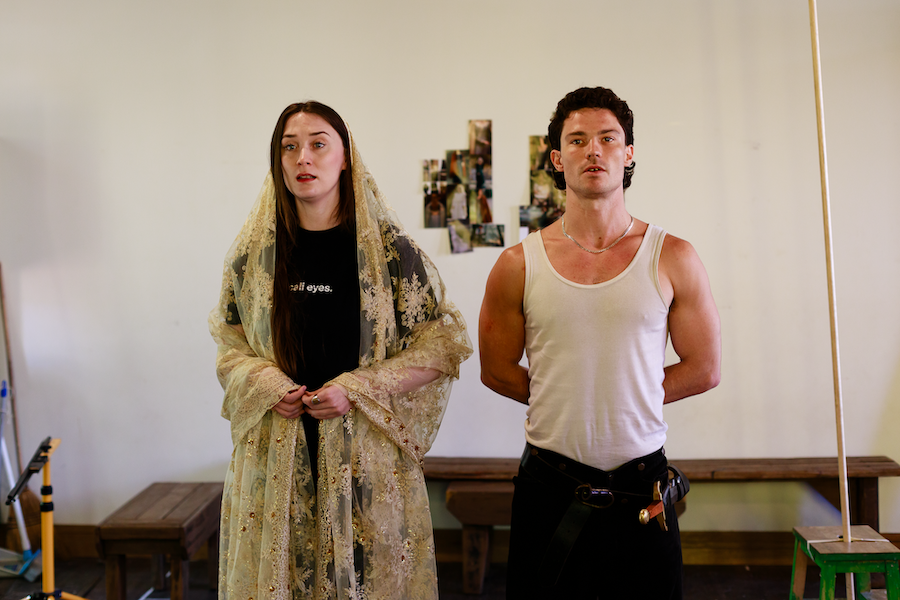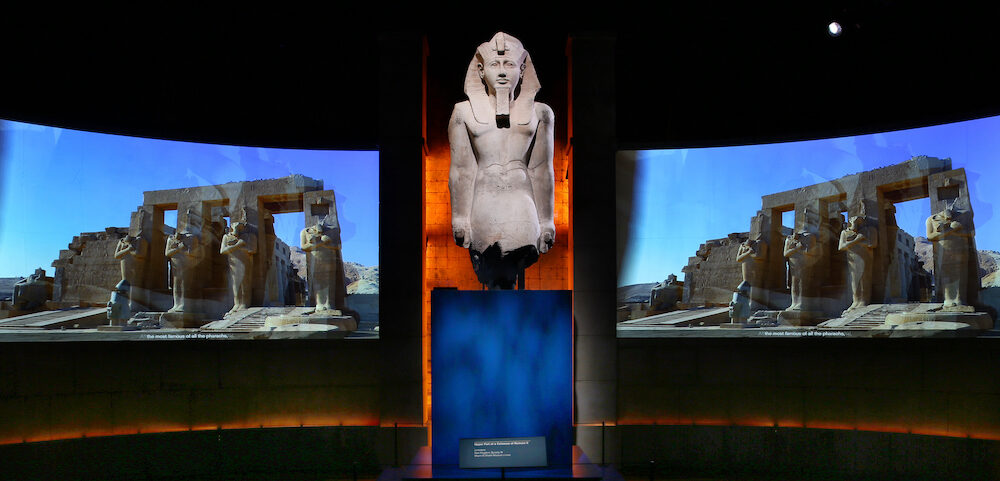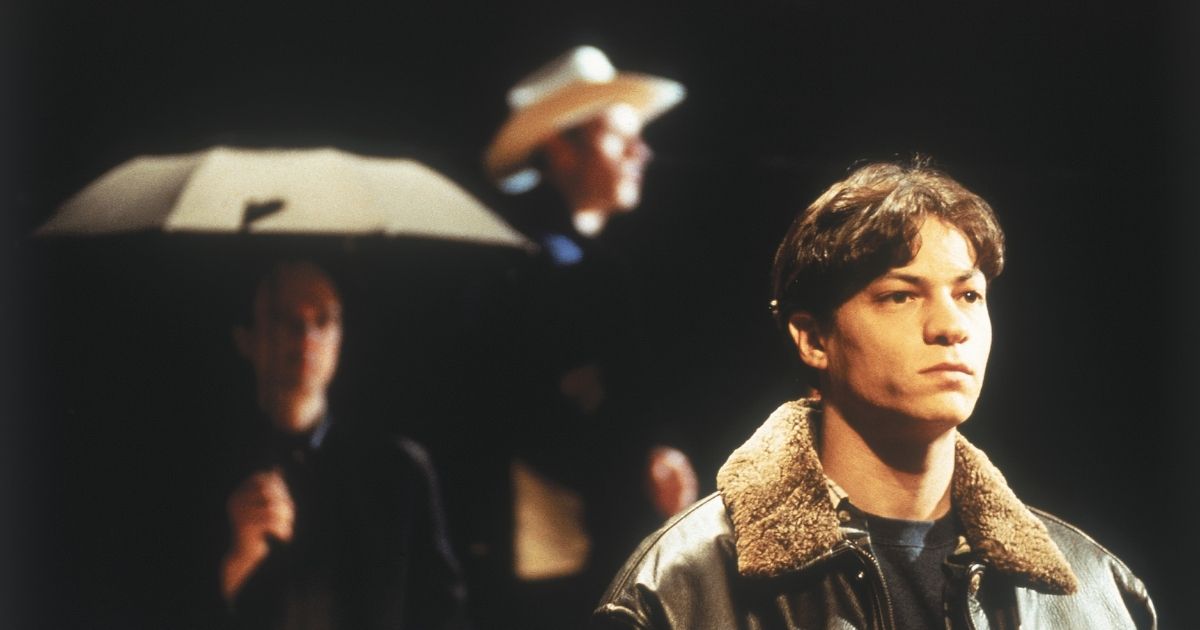

Sticks and stones may break my bones, but words will never harm me.
It’s a rhyme many of us chanted as children in response to mean jibes and name-calling, most of which were innocuous and silly enough to be easily forgotten. Sometimes, however, those taunts had all the weight and hardness of a viciously thrown rock, and could indeed do a lot of harm.
In a world where technology has exponentially increased access and communication, the tenets of privacy, protection and free speech are repeatedly being scrutinised – case in point is the current bill before parliament proposing an amendment to Section 18C of the Racial Discrimination Act, specifically, to replace the words “offend, insult, humiliate” with “harass”. It’s an issue that is being explored by a team of journalists at community radio station 2SER.
Their project is a podcast called Just Words (the title itself a clever play on words.) The entire radio station is involved and a lot of work has gone into research, design and production. Asked why they chose this medium to present the story, Executive Producer Emma Lancaster says there is a real appetite for podcasts and audiences consume with more deliberateness:
“People who listen to podcasts are quite dedicated listeners, so they’ll subscribe to them and be waiting ready for the next episode.”
There are no constraints on deadline or length or even style and substance, so there’s a lot of creative room. Producer and Creator Anthony Dockrill, an avid podcast listener, said the station wanted to do something new, something more narrative driven, and also something with wider reach:
“As a radio station we’re competing with other stations, but when you put Just Words on iTunes you’re competing with NPR [popular American podcasting network]”
Just Words is a fixed length, single-issue series. Nine episodes have been uploaded so far, and the response, right from the start, has been overwhelming. It debuted with “New and Noteworthy” status and has reached number 84 in the top 100 podcasts – no small achievement in the crowd of over 200,000 podcasts on iTunes alone.
So why was 18C chosen as the subject? Producer Ellen Leabeater says they looked at the topic last year and “there was a potential that it was going to be really big in 2017 and we really lucked out.” It has indeed become a big issue, although somewhat incongruously according to show host, Nick Healey:
“You’d think it was the most important issue, yet last year 77 complaints were made under 18C, only one actually made it to court. The rest were either done in conciliation or dismissed outright.”
Dockrill adds: “What I saw was that what was being reported in the media about 18C and what was in the cases… there was a big disconnect.”
Certain media outlets and high profile identities argue that 18C suffocates them and inhibits their right to free speech. This opinion came to the fore in the anti-discrimination case brought by Pat Eatock and co. against Andrew Bolt, which is covered in a Just Words episode. Bolt, who lost the case, is a vehement advocator for amendment to the law and it would logically seem to be in the interest of most journalists to want that too, but as Healey explains:
“The idea of freedom of speech works in a society where everyone has an equal voice, but we live in a society where not everyone has an equal voice.”
Lancaster adds: “I think it’s about striking a balance…freedom of speech vs protecting the vulnerable.”
While the Just Words team members each have their personal opinion on the issue, they strive to remain impartial in the podcast and have actively sought cases on both sides of the argument. Leabeater produced an episode on the landmark case of Prior vs QUT (Queensland University of Technology) in which indigenous teacher Cindi Prior brought charges of racial vilification against four students regarding offensive Facebook comments. Prior lost, the judge concluding that the comments were an example of “humour and irony”. In a cruel twist, Prior is now suffering even worse vilification through social media trolling, which thanks to the anonymity it offers, makes catching perpetrators near impossible. “This is where the law in general is struggling to keep up with technology,” says Leabeater.
This case is important because it highlights the lesser known, lesser discussed mitigating existence of Section 18D which provides for exceptions in areas such as artistic, academic, scientific pursuit in the public interest. It can work as a double edged sword, but at least it allows the exploration of ideas.
There is arguably no stronger test of ideas and challenge to the concept of truth/fact as Holocaust denial, which is tackled in the first episode of Just Words. In 2003, Jeremy Jones brought a case of vilification against Gerald Frederick Toben regarding anti-semitic comments made on Toben’s Adelaide Institute website. Jones won, but Toben has continued to argue in favour of freedom of speech and freedom of ideas. It’s a case that exemplifies the difficulty of delineation.
The Just Words series is near completion, and the 2SER team will wait and see how it is received before deciding whether to do another and what it will be about. For now, they’re happy to know that Just Words is already having an impact, with many listeners saying they understand 18C better now.
Just Words is available on iTunes or at www.2ser.com/
BY RITA BRATOVICH









